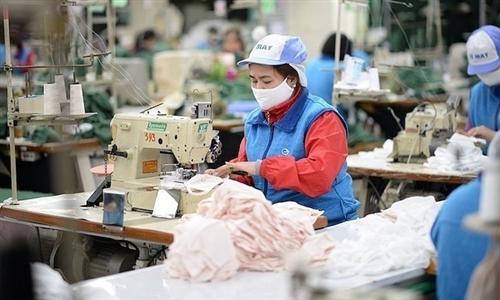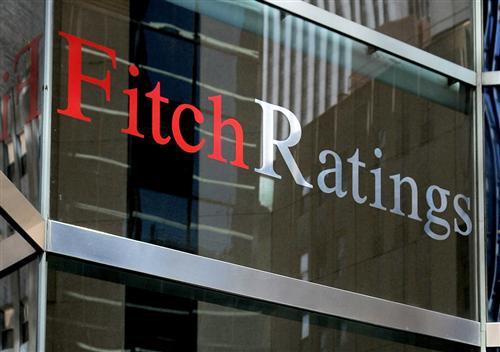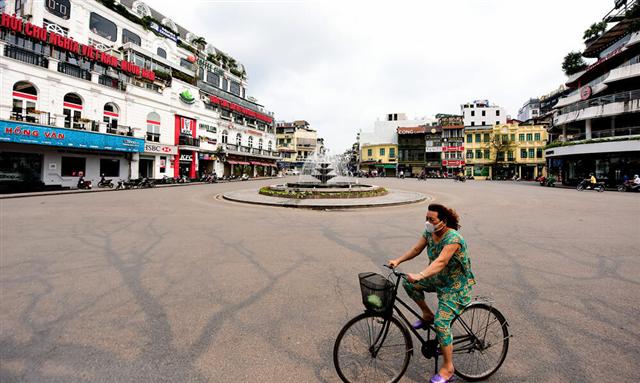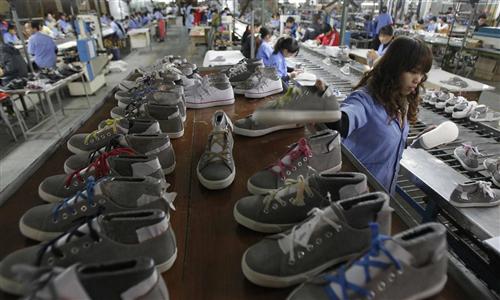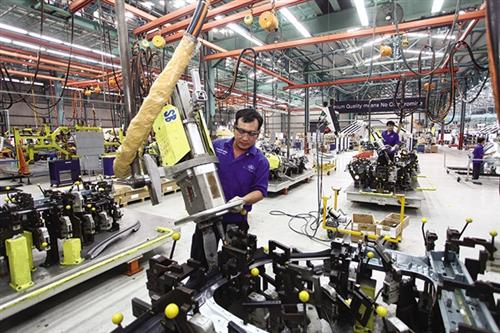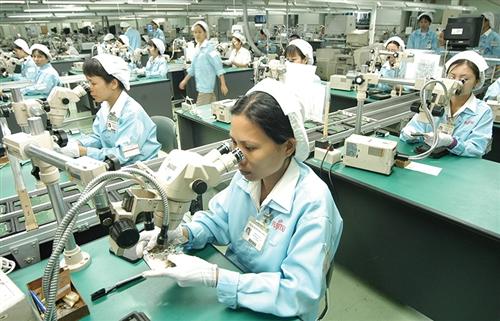Tighter rules sought on e-commerce trade piracy
Tighter rules sought on e-commerce trade piracy
Lack of regulations on requiring goods invoices is causing the likes of Facebook and Shopee to become indirect culprits of suffusion of goods with unidentified origin, raising concerns on the piracy of genuine products.

Tighter rules sought on e-commerce trade piracy, photo AFP
|
One foreign-invested company which specialises in manufacturing model toys located in the northern city of Haiphong has complained that a series of sample model toys have been put on sale on Facebook and Shopee before the company could officially launch them. The company stressed that some parts of these are different from original parts and have not yet been checked for quality, with numerous goods varying from the genuine article. The company is concerned that the situation will impact on the prestige and sales and marketing strategy once the official toys are launched officially.
As a result, instead of spending time and power on studying, developing, and selling products, the business now has to expend energy on protecting copyright for its products even when those products are samples only.
The bloom of the internet has created favourable conditions for organisations and traders to take their products and services closer to customers, simultaneously saving expenditure for advertising products through conventional channels such as television and print papers.
However, e-commercial platforms and social networks are considered a double-edged sword because massive traders take advantage of these e-commercial platforms to trade illegally through selling counterfeit goods or even goods with unidentified origin.
For the Haiphong toymaker, at least one person in its factory has taken those products to either run their own online account for sales, or sold them to a third-party.
According to shop owner Nguyen Vu Quan, whoever is offering the sale of these unfinished products on Shopee and Facebook page is selling products without sales invoices issued by the company, which contain the name and address of the provider/seller of the goods. This is the primary document to substantiate the origin or source of the goods. “When a trader cannot provide the invoice pertaining to the goods he is trading, it is impossible to prove the origin/source of such goods,” Quan said.
As a result, the trader may suffer a fine of VND80 million ($3,500) if the violator is a person and VND180 million ($7,800) for organisations. In reality, it is difficult to determine fines for owners of e-commercial platforms and Facebook. However, these platforms indirectly create opportunities for cheaters to sell goods with unidentified origin for customers, simultaneously contributing to increasing the piracy of genuine products.
It is not the first time that e-commercial platforms have been under fire about the origin and quality of products. Last month Tiki, the most prestigious e-commerce platform in Vietnam, was blasted for selling low-quality goods and came under wide criticism for its poor customer service. Tiki issued no comment on the issue. Shopee is another platform known to be inundated by low-quality and fake goods.
In order to not impact on its sales and reputation, the model toy manufacturer in Haiphong is looking for a solution to determine the seller’s identity and request organisations providing e-commerce trading floor services and traders to remove listings.
According to Shopee’s online regulations on operation of the application of e-commerce trading, the company is under duty to “respond promptly upon detection and receipt of a report on illegal business activities on an e-commerce trading floor, and removing from the website/application of information on selling counterfeit goods, smuggled goods, goods infringing intellectual property rights, and other illegal goods and services when receiving requests with reasonable grounds.”
However, if the company submits a complaint to Shopee, requesting the e-commerce website to remove goods with unidentified origin, it is critical to prove that seller’s act of offering for sale of such model toys, violating Vietnamese laws. To this end, a petition for handling trader’s infringing acts should be submitted to a competent authority in Vietnam who will, besides seizing the infringing goods for destruction, issue a sanction decision against the violator. Based on such a sanction decision, the manufacturer will have “reasonable grounds” or basis to send a request to Shopee.
However, it remains difficult for companies to determine the origin of goods trading on e-commercial platforms in general because there is no specific regulation requiring traders to publicly detail information about the source and origin of goods.
“With consulting experience in this field, I see that a comprehensive investigation with joint efforts from public security authorities and qualified investigation authorities is required to determine the source of these goods with unidentified origins. The problem is that it would take massive amounts of money and time,” Quan said.
The latest report published by the National Steering Committee Against Smuggling, Trade Fraud and Counterfeit Goods also showed that the blossoming of the online trading model on social networks and e-commercial platforms with massive choice in goods creates more barriers for local authorities to prevent counterfeit and fake goods.
“The flexibility in either posting or removing advertisements in collaboration with the diversification in payment methods between traders and e-commercial trading services raises the level of difficulty for local authorities in discovering and preventing violations,” the report noted.







